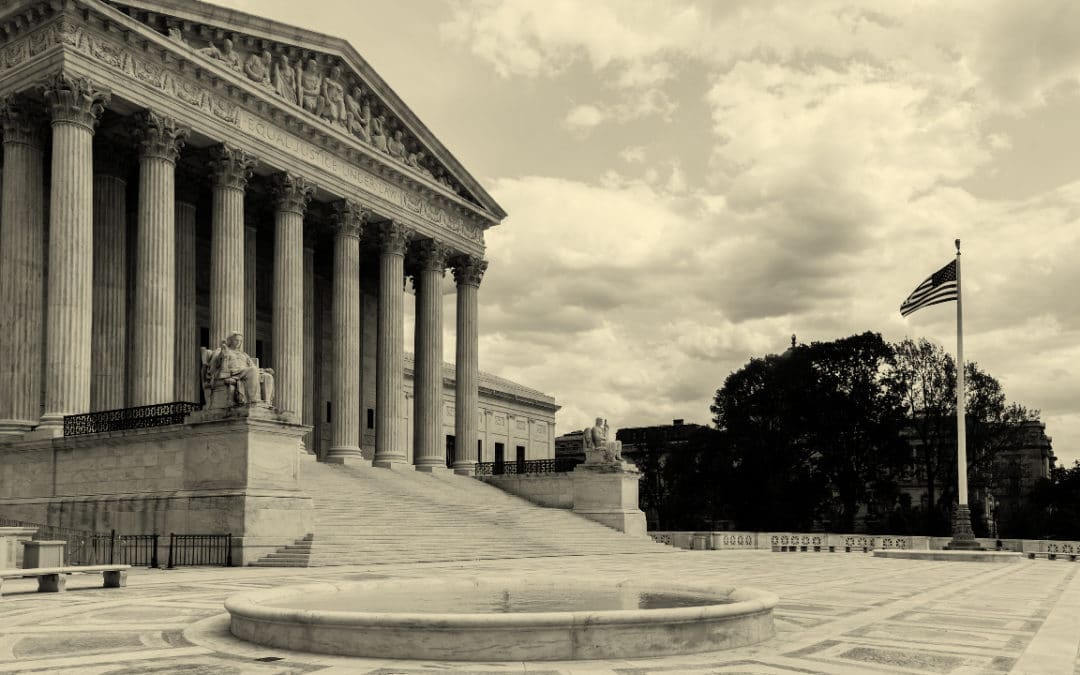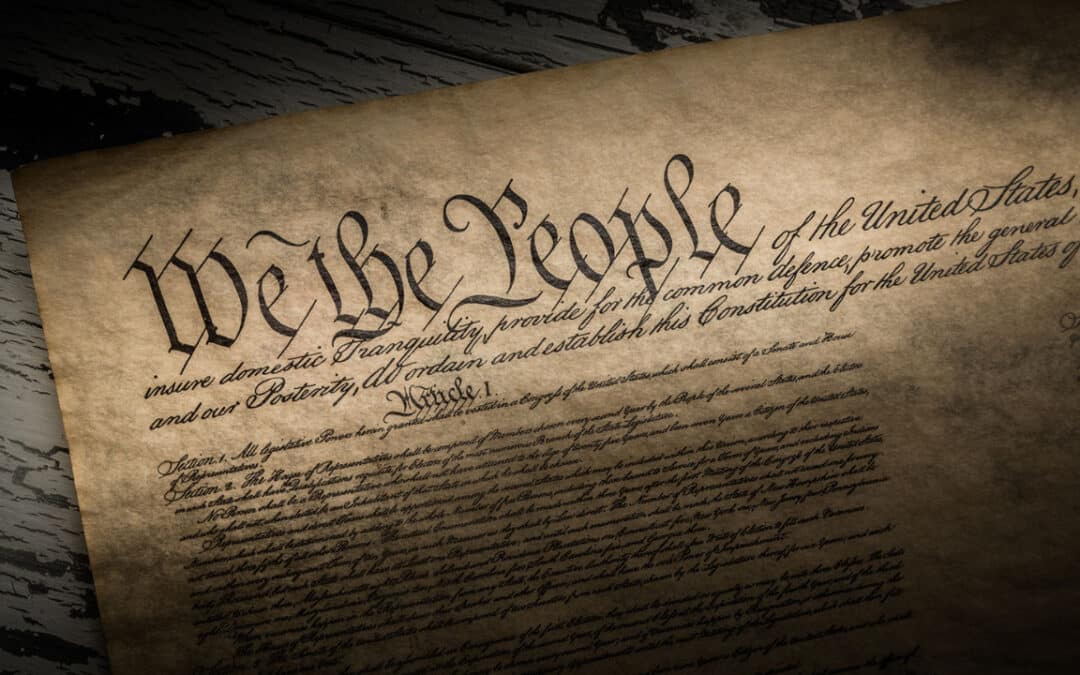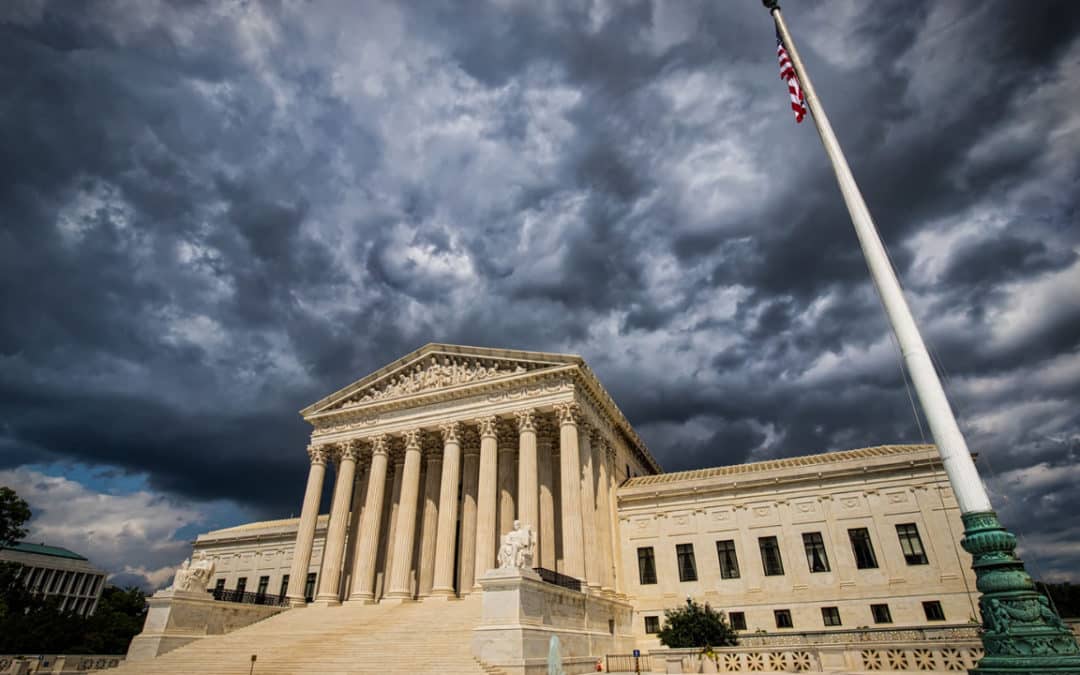


Clearing Up the Confusion About the Constitution’s Term “Direct Taxes”
The Supreme Court’s June 20 decision in Moore v. United States continues the long-standing controversy over the Constitution’s distinction between “direct” and “indirect” taxes. Writing for the Court, Justice Brett Kavanagh stated that “Generally...
The Supreme Court Was Wrong About Taxes
Along with some good decisions, Supreme Court justices made some mistakes in the term just ended. One mistake involved taxes—and it is likely to bedevil the court in future cases. Moore v. United States posed the question of whether Congress could tax corporate...
Understanding the Constitution: Income taxes, other taxes & the 16th Amendment
The Constitution granted Congress power to impose personal income taxes before ratification of the 16th Amendment, but the 16th Amendment facilitated the power. This essay explains the amendment’s background and effect. This essay also corrects several longstanding...
